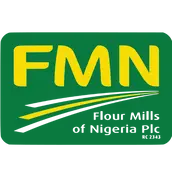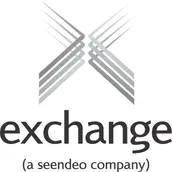Who We Are
The U.S.-Nigeria Council (USNC) is the premier organization dedicated to strengthening commercial and business ties between the United States and Nigeria. The Council builds and supports long-term business partnerships between US and Nigerian companies that drive innovation, entrepreneurship, technology transfer, job creation, and economic growth in both economies.
USNC membership offers high-level services, including exclusive access to meetings and events, executive business intelligence and council advocacy for member issues and priorities.
News & Events

Our Purpose
Regionally in-tune, the Council’s work actively supports Nigeria’s national strategy for economic prosperity and US commercial diplomacy. With the support of key Nigerian political and economic institutions including the Nigerian Sovereign Trust Fund, the Council helps to advance critical trade and investment initiatives by maximizing industrial free trade zones, diversifying exports, integrating agro-investments into global supply chains, and matching energy development to production needs.
Founding Members
The Council has twenty permanent members, 10 U.S. and 10 Nigerian, two co-chairs and an executive director. In addition, the Council offers rotating membership opportunities to ensure the inclusion of entrepreneurs and representatives from small and medium sized companies with interests in Nigeria.

















